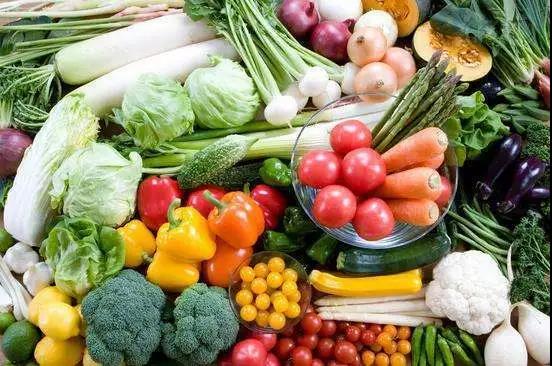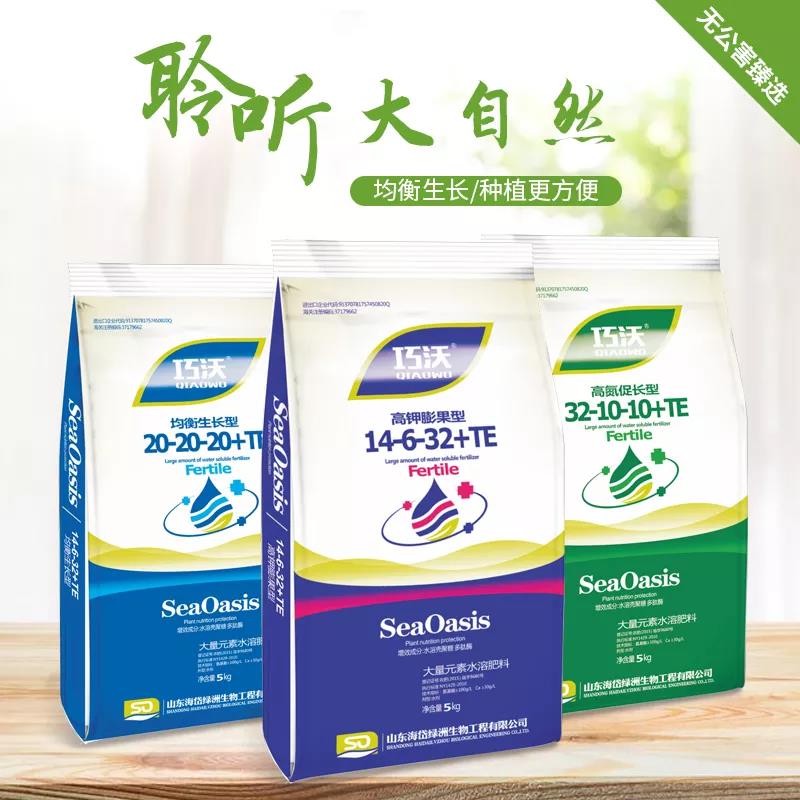 Search keywords:
Bacterial Manure Foliar Fertilizer Manufacturer Aminoacid Foliar Fertilizer
Search keywords:
Bacterial Manure Foliar Fertilizer Manufacturer Aminoacid Foliar Fertilizer
Welcome to Shandong Haidailvzhou Biology!

 Search keywords:
Bacterial Manure Foliar Fertilizer Manufacturer Aminoacid Foliar Fertilizer
Search keywords:
Bacterial Manure Foliar Fertilizer Manufacturer Aminoacid Foliar Fertilizer

Ground spreading
After watering the vegetables or when it rains, sprinkle fertilizer on the border or between the rows of plants. This method is relatively simple, saves time and labor, but the utilization rate of fertilizer is low, and volatilization will lose part of the fertilizer. Especially ammonium bicarbonate, which is extremely volatile, is not recommended for spraying; urea, ammonium sulfate and potassium sulfate can be sprayed when the field operation is inconvenient and the vegetables are in urgent need of fertilizer. Do not sprinkle on the leaves when spreading, so as not to burn the leaves.
flush with water
Before watering vegetables, sprinkle fertilizer in the ditch so that the fertilizer will melt into the soil with the water. With this fertilization method, on the one hand, there will be part of the loss due to volatilization, and on the other hand, part of it will leak into the deep soil with water, which cannot be absorbed and utilized because the roots of vegetables cannot reach it. Its advantages are simple method and small labor. When large areas of vegetables are seriously lacking in fertilizer and are not convenient for burying, it can be used as the preferred top dressing method. It is best to melt the fertilizer before flushing, and then flush with water.

drip irrigation
Its characteristic is: after a certain kind of or several kinds of vegetable nutrient element fertilizers pass through the drip irrigation filtration system, the dissolved fertilizer will automatically enter the soil around the vegetable root system with the drip irrigation. At the same time, the mulching film is used, and the fertilizer is almost non-volatile and no loss. It not only saves fertilizer and water, saves labor and effort, but also can fertilize according to the main components and characteristics of fertilizers. It is currently a relatively advanced fertilization method. The disadvantage is that it needs to have supporting drip irrigation and water supply equipment, and has a strict mulching film, as well as the determination of the nutrient level in the soil, and the investment is relatively high.
Mechanical deep implementation
Mechanical deep application includes deep application of basal fertilizer before vegetable cultivation and burying of topdressing during cultivation. Generally, furrow application, hole application and strip application are adopted. After the organic fertilizer or chemical fertilizer is applied, it is finely raked and leveled. This method requires less fertilizer distribution, but has a large amount of labor and inconvenient operation. Use burial between plants and rows. Because the fertilizer is concentrated, deep, and too close to the root, it is easy to damage the root system. Therefore, when burying fertilizer, digging holes should be more than 10cm away from the base of the plant. The application period is generally used when the growth of vegetables is not large, but in actual production, the peak of vegetable growth is often the peak of water and fertilizer requirements. Therefore, when the burying method is used during the period of higher temperature, in order to prevent negative effects, burying Be sure to water afterwards to reduce the concentration of soil fertilizer.
Foliar fertilizer
In the process of vegetable production and management, in addition to paying attention to timely topdressing to supplement nutrient deficiency, it can also be combined with spraying to prevent and cure diseases and insect pests for multiple foliar fertilization. This method has fast fertilizer effect and low dosage, and is an economical and effective method of fertilization. The effect is more obvious when the plant is senescent, the root system is damaged and the absorption capacity is insufficient, or when the nutrient deficiency is severe. In addition to the commonly used macro-element fertilizers such as urea, potassium dihydrogen phosphate, and compound fertilizers, many manufacturers have also developed micro-fertilizers or amino acid fertilizers suitable for foliar spraying, such as Pingshibao, Phytoprotective, etc. Tiancheng Liquid, etc., have certain effects. However, it must be pointed out that the nutrient elements needed for vegetable growth and development mainly come from soil fertilization. Foliar fertilization can only be used as an auxiliary measure.
TOP